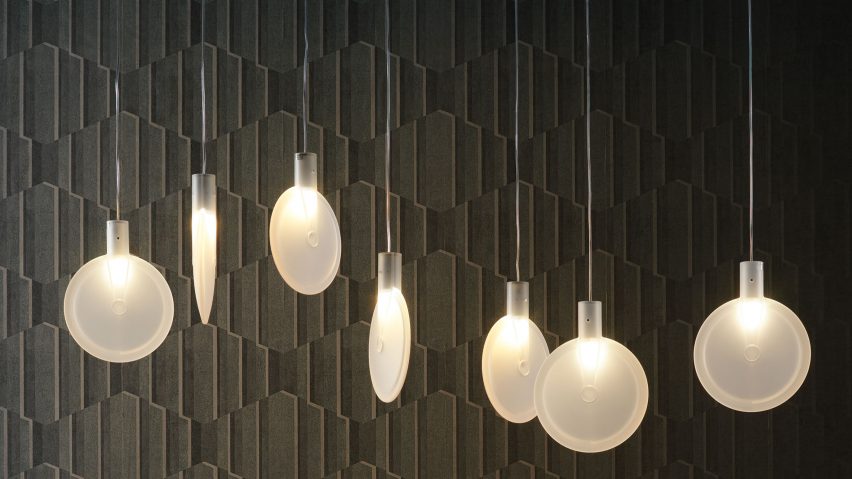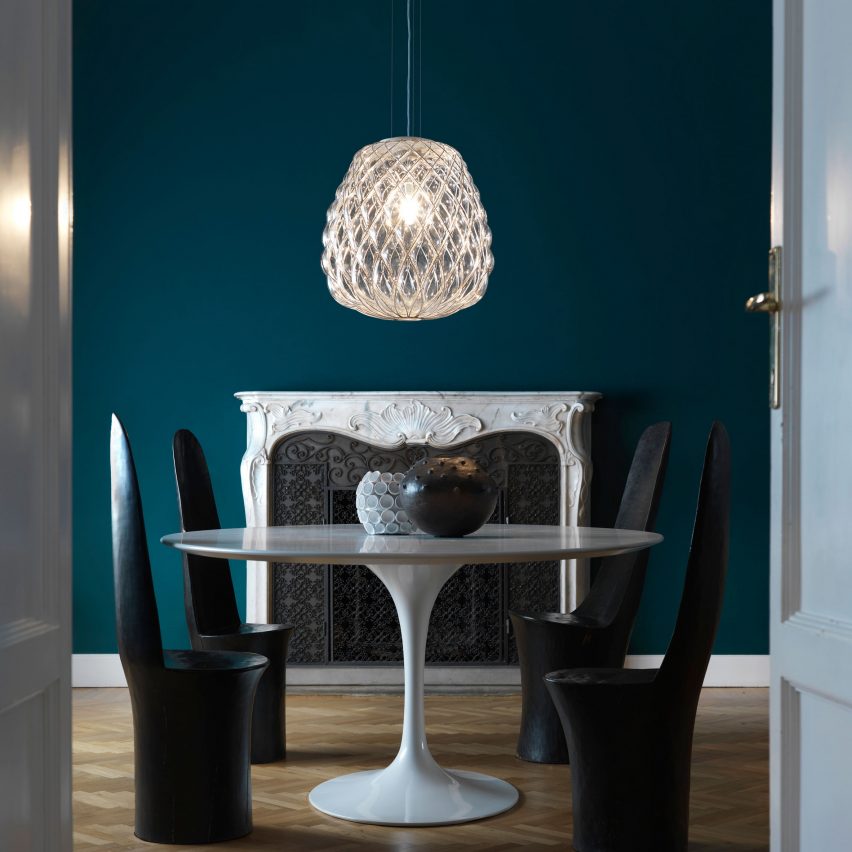
Design brand FontanaArte sold to Italian Creation Group
Lighting brand FontanaArte has been sold to a private finance company, continuing the consolidation of the Italian furniture industry.
Italian Creation Group purchased 100 per cent of FontanaArte and will take over the directorship of the brand.
FontanaArte joins the company's growing portfolio of Italian design brands, which also includes Driade and Valcucine.

According to business news site ItalyEurope24, the buyout continues Italian Creation Group's strategy to become a large holding company for Italian design brands covering the spectrum of home furnishings.
The group purchased furniture brand Driade, rescuing it from bankruptcy, in 2013, and followed with acquisitions of kitchen manufacturers Valcucine and bathroom brand Toscoquattro.
Italian Creation Group was founded in 2013 by Giovanni Perissinotto and Stefano Core, who will now also take the helm of FontanaArte.
The lighting brand has been in business since 1932, when Gio Ponti – art director of Luigi Fontana – invited Pietro Chiesa to join him in leading the brand's evolution into FontanaArte.
It has been owned since 2010 by Nice Spa, a home automation company based in the Italian town of Oderzo.
Italian design brands have been consolidating for the last few years. Private equity firm Investindustrial has a portfolio that includes Flos and B&B Italia – the latter of which in turn purchased luxury kitchen makers Arclinea.
Similarly, US office furniture giant Haworth recently acquired a majority stake in several iconic Italian design brands – including Cappellini, Cassina and Alias – when it bought furniture group Poltrona Frau from investment firm Charme.
In a recent interview with Dezeen, Cappellini creative director Giulio Cappellini said that consolidation was giving the Italian design brand a much-needed advantage internationally.
"It's not enough to do nice products; we need the possibility to promote the products everywhere in the world," Cappellini said.
"The problem with a lot of Italian companies is that they may be very well known worldwide, with lots of products in different art museums, but really they are too small for the international market."